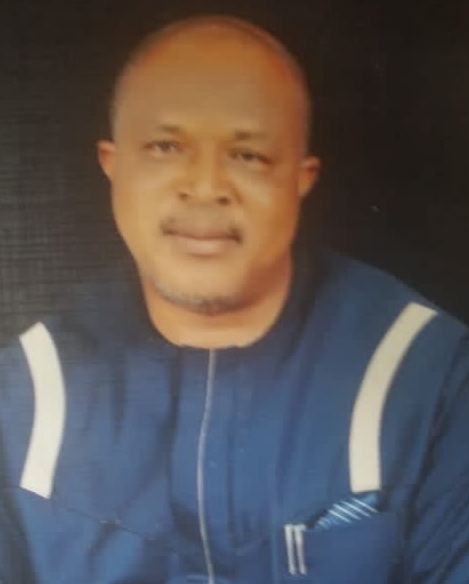
The National Coordinator, Ndigbo Media Forum, Rev. Paul Eze
BY GODWIN OBI
The National Coordinator of Ndigbo Media Forum Worldwide, Rev. Paul Eze, has decried the persistent marginalization and unfair treatment of the Igbo people in Nigeria, despite their enormous sacrifices for the nation’s unity and progress.
Speaking during the Forum’s end-of-year meeting in Lagos, Rev. Eze highlighted the systemic inequalities faced by the Igbo ethnic group, emphasizing their historical contributions to Nigeria’s development.

Economic Contributions and Marginalization
The Forum noted that the Igbo have played a pivotal role in Nigeria’s growth, spearheading the nationalist struggle for independence and driving economic development across the nation.
“Ndigbo have developed major cities like Lagos, Kano, Calabar, Abuja, and Jos, contributing immensely to Nigeria’s economic growth,” Rev. Eze stated.

Despite these contributions, federal institutions and key appointments are often concentrated outside the Southeast, leaving the region underrepresented and neglected. The establishment of federal agencies and infrastructure in the Southeast remains scant, further exacerbating feelings of alienation.Over-Policing and the Case of Nnamdi Kanu
The group condemned the excessive police checkpoints and military presence in the Southeast, describing it as harassment targeted at the Igbo population. This heavy militarization, coupled with the prolonged detention and seemingly unending trial of Mazi Nnamdi Kanu, leader of the Indigenous People of Biafra (IPOB), underscores the systemic bias against the Igbo.
“The continuous persecution of Kanu and the militarized policing of the Southeast are emblematic of the broader marginalization faced by Ndigbo,” the Forum remarked.
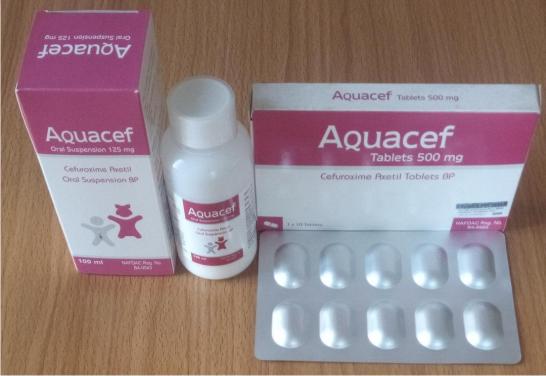
The Lingering Wounds of the Civil War
Rev. Eze also reflected on the enduring scars of the Nigerian Civil War, noting that post-war policies have continued to undermine the Igbo in critical sectors such as the armed forces, security agencies, corporate institutions, and political leadership. “Administrative hurdles erected after the war have denied Ndigbo their fair share in a nation they built with their blood, sweat, and tears,” he lamented.
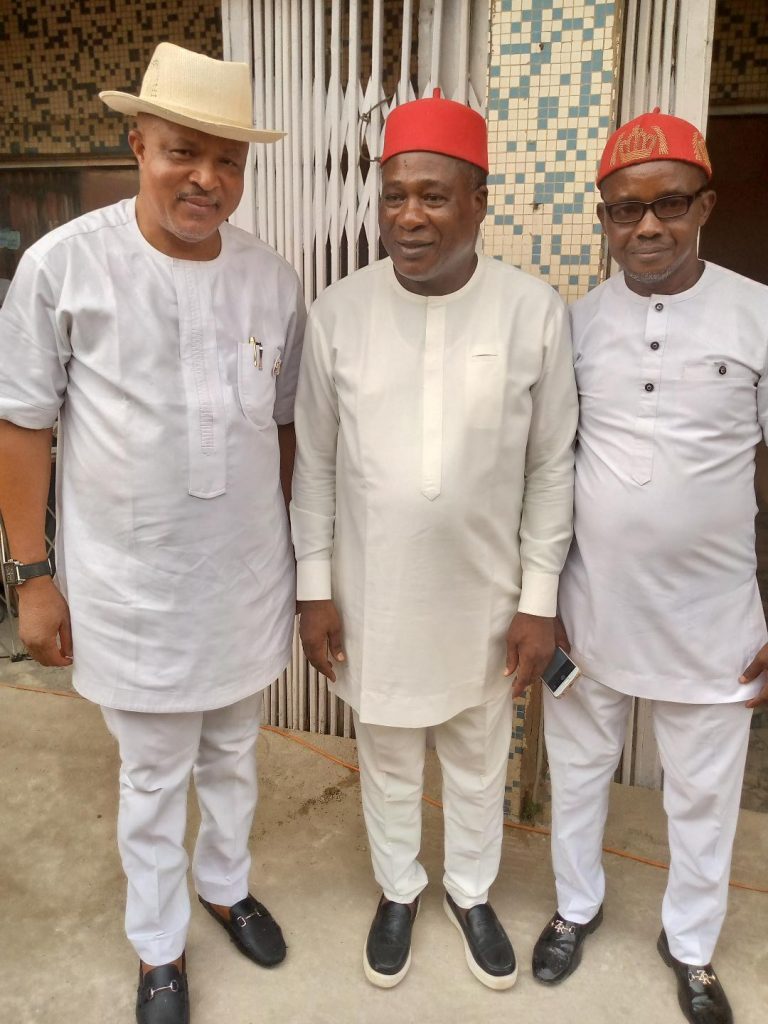
National Coordinator, Ndigbo Media Forum, Rev. Paul Eze And his friends in another event
A Call for Equity and Unity While acknowledging the Igbo spirit of resilience, wisdom, and patience, the Forum criticized the atmosphere of hate, humiliation, and rejection endured by the Igbo people. “No ethnic group in Nigeria, or anywhere in the world, can survive under such conditions of systemic subjugation and exclusion,” Rev. Eze said.
The Forum further called for a fair and equitable distribution of opportunities and resources, urging the Nigerian government to address the structural injustices against the Igbo
Call for the release of Nnamdi Kanu, Biafra agitator:
The Ndigbo Media Group was worried by the way sensitive ethnic and political issues were handled in Nigeria, criticizing President Bola Ahmed Tinubu for allegedly displaying selective justice by ordering the release of underaged Northern youths while Nnamdi Kanu remains incarcerated by the Department of State Services (DSS).
The Forum questioned why the administration appears to apply different judicial standards to cases involving individuals from diverse ethnic backgrounds. This discrepancy, they argue, could exacerbate ethnic tensions and undermine trust in the rule of law. Kanu’s prolonged detention has been a contentious issue, drawing calls for his release from various human rights groups, political leaders, and international bodies. Supporters argue that addressing his case within the framework of the law and dialogue could foster unity and stability, while critics express concerns over the security implications of his activities.This situation raises broader questions about how Nigeria navigates its complex ethnic and political landscape, particularly in ensuring equal justice for all citizens.
ADVERTISEMENTS:





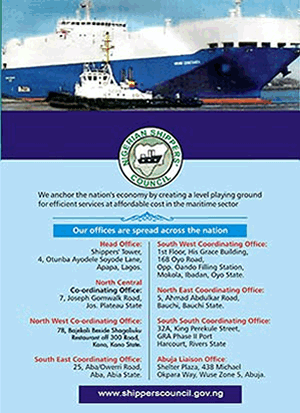
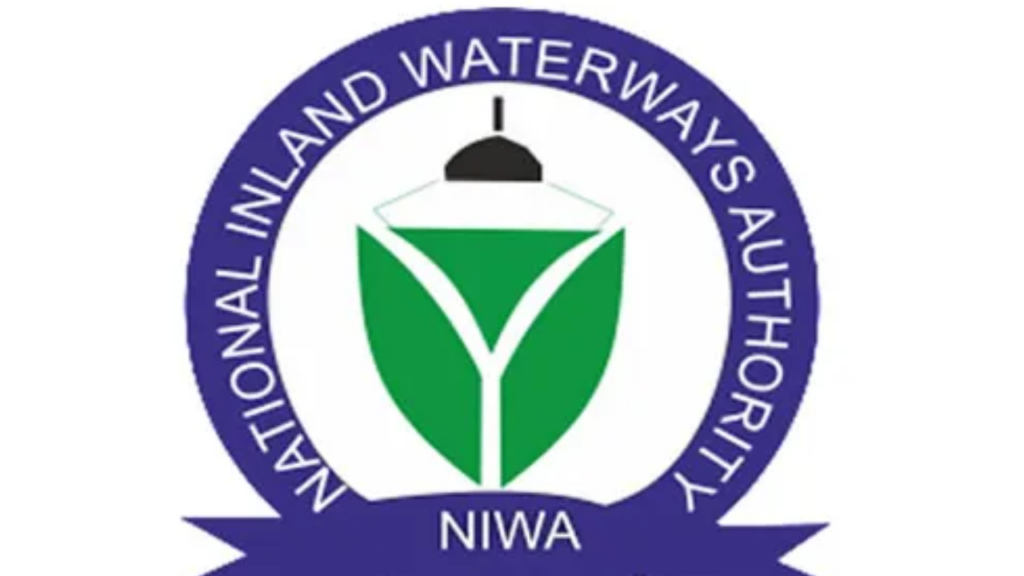

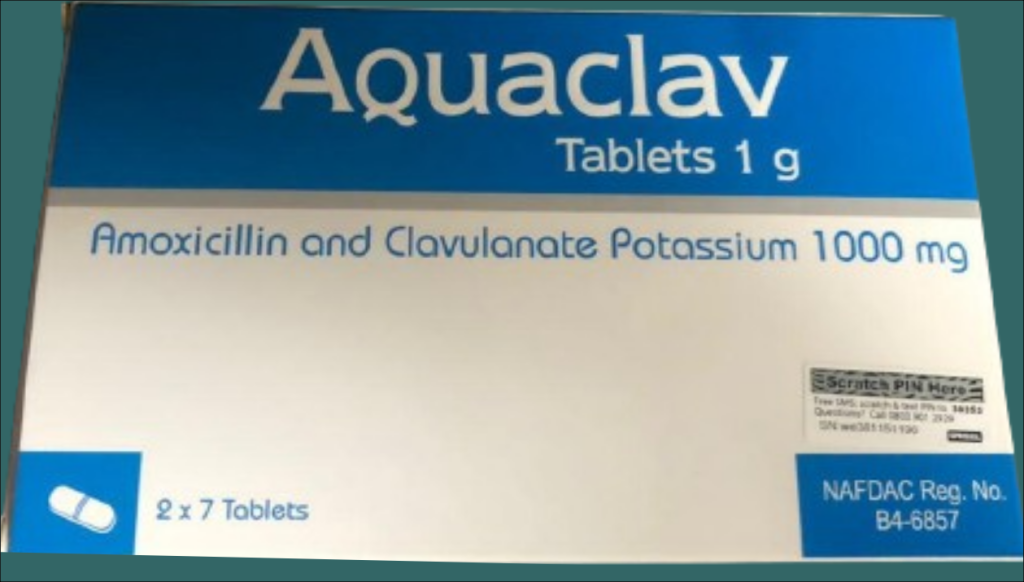


Pythrocin distributed by Pinnacle Health Pharmaceuticals Ltd


2024-11-05


